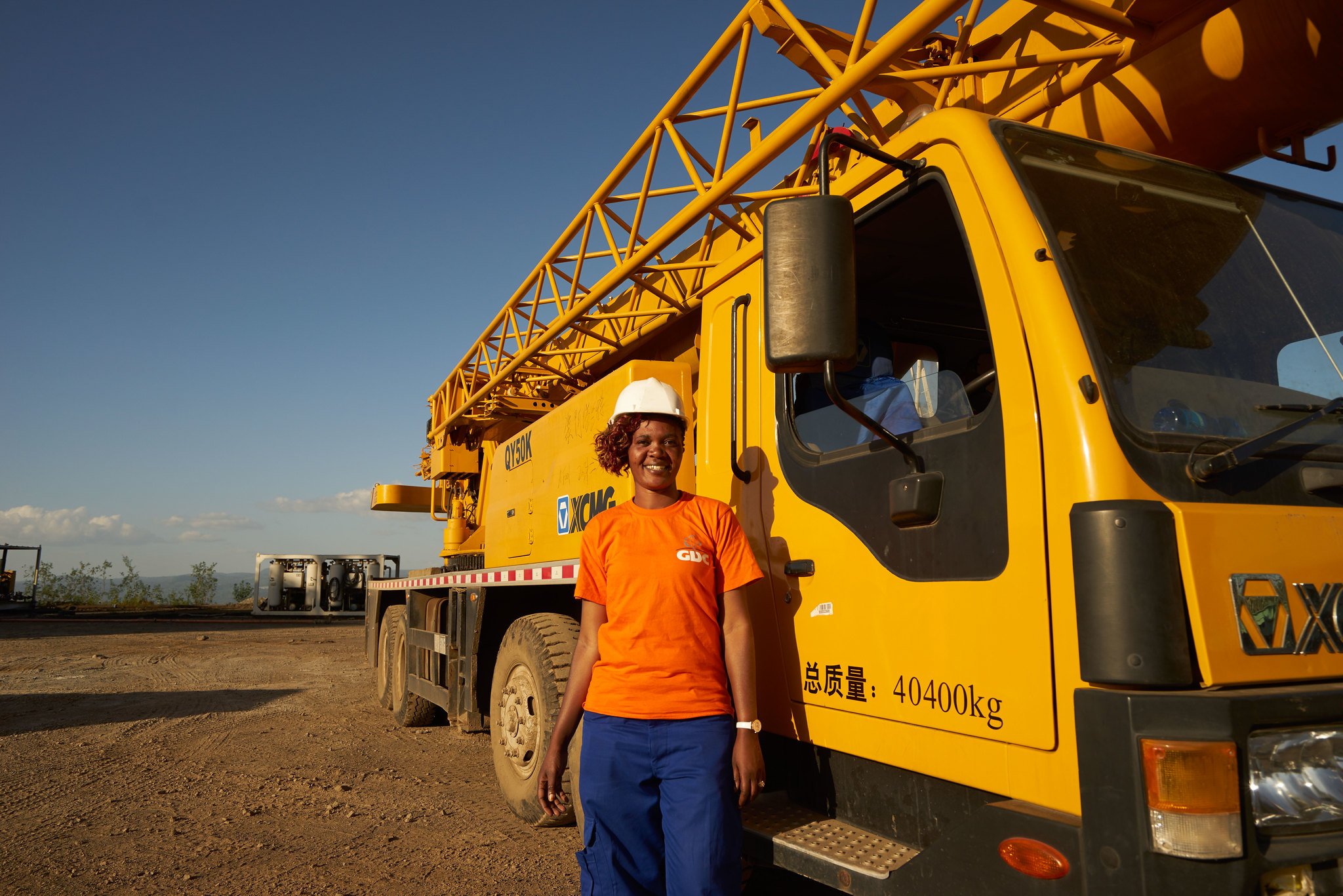
GENDER EQUALITY
GENDER EQUALITY
As elsewhere in the world, women in Africa are struggling for their fair share of political power and economic opportunity. In recent decades — thanks in great measure to their own organisation and energetic efforts — they have made important strides. As Africa shakes off its legacies of autocratic rule, social marginalisation and economic disarray, women are staking their claim to participate fully in their continent’s promising future.
So much can be done to create societies where women and girls do not suffer systematic violence, where they have equal education and vocational opportunities and where they are equal participants in decisions that affect them. Solutions to gender-based employment segregation in the formal sector can come through skills building and efforts to reduce segregation in education, through sensitivity training within the wider community, through equitable access to quality healthcare facilities and so on. Missing out on education has long-term implications for a woman’s opportunities later in life and for her own health, further trapping Kenyan women in a cycle of poverty.
East Africa has been the continent’s fastest growing region, with its national economies expanding between 6–10% annually. Yet even with this impressive growth, the region faces high rates of poverty that are deepened by underlying gender inequalities. COVID-19 has exacerbated these challenges. As the region responds to the economic and social fallout of the pandemic, strengthening women’s economic empowerment is more important than ever. Investing in women’s economic empowerment sets a direct path towards gender equality, poverty eradication and inclusive economic growth.
The Naserian Foundation’s gender equality initiatives are in part shared with other aspects of its development matrix. Better education opportunities and community healthcare lead to better outcomes for women. Broad community economic empowerment also leads to benefits to women and girls. However, significant work still needs to be done to ensure that previously accepted norms do not provide a blueprint for future behaviour. As with all the Foundation’s work, the interventions are guided and led by members of the community itself.

“There can be no equal future without the full participation of all women and girls everywhere and this is the generation to accomplish that.”
- Nomzamo Mbatha